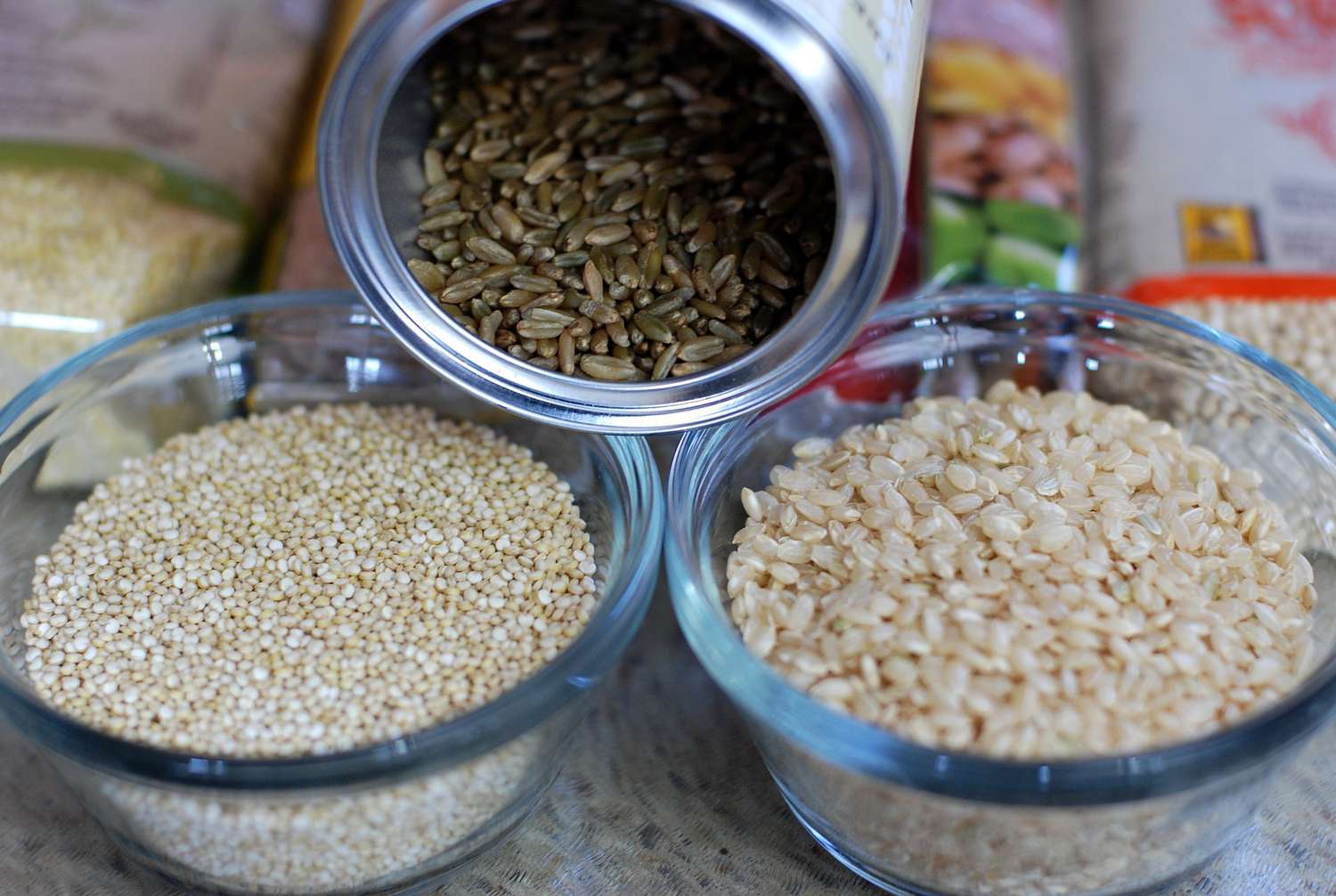
Few nutrient deficiencies are more problematic than what nutritionists call the “fiber gap.”
According to the United States’ Institute of Medicine, only five percent of people in the United States consume enough fiber each day — the recommended amount is 25 grams for women, and 38 grams for men.
To maximize healing results, it is important to include several different types of fiber, including insoluble and soluble fiber.
What is Soluble Fiber?
Soluble fiber is softer and binds with fatty acids to flush them out of the body and lower “bad” (LDL) cholesterol.
It slows digestion so your blood sugar doesn’t spike too much.
Some of the most common soluble fiber foods include the following according to Medical News Today:
-Beans
-Peas
-Oats
-Barley
-Fruits like apples and citrus
-Sweet potatoes
-Brussels sprouts
-Avocadoes
The most powerful form of soluble fiber comes from psyllium husk, a type of fiber that flushes your intestines out like a broom. It is typically found under brand names like Metamucil and Benefiber.
This type of fiber should be consumed in its purest, most organic form for best results, because adding glyphosate and other chemicals to your system may cause issues including leaky gut.
Nutritionists recommend 10-15 grams of soluble fiber consumption each day.
What is Insoluble Fiber?
Insoluble fibers serve different purposes compared to soluble.
Insoluble fiber is typically harder and more gritty.
It helps to keep you hydrated and moves waste through the intestines. It also prevents constipation and keeps a person regular.
According to the Cleveland Clinic, a person should aim for a healthy mixture of both main types of fiber.
Top sources of insoluble fiber include:
report this ad-Granola products
-Oat bran
-Wheat bran and other whole grains
-Avocadoes (many foods contain both types)
-Organic cereals, preferably low in sugar or sugar-free
-Walnuts
-Beans
-Okra
-Radishes
-Berries
-Coconut products
Additional Types of Fiber
There are at least eight major types of fiber according to WebMD that fall under each of the two main categories listed above.
Each serves a more specific purpose.
Cellulose (insoluble): “Nature’s laxative,” it’s found in nuts, wheat, grains, bran and seeds.
Inulin oligofructose (soluble): Found in onions, beets, and chicory root.
Also sold separately as a supplement inulin helps to increase “good” bacteria in the gut and may improve immune function.
Lignin (insoluble): Found in flaxseed, vegetables and rye, lignin is said to be heart healthy although not everyone reacts well to it, especially those with Celiac Disease.
Resistant starch (soluble): Found in bananas, oatmeal and legumes, resistant starch has become a popular supplement in recent years.
Wheat dextrin (soluble): May lower blood sugar and improve heart health.
Mucilage, beta-glucans (soluble): Found in oats, oat bran, peas, beans, barley and similar foods, this type of fiber helps with heart health and diabetes management and prevention.
Pectin and gums (soluble; some pectin is insoluble): Pectin is a substance found in apples and other fruits that binds to toxins and removes them from the body.
These substances also slow the passage of food through the GI tract.
Some companies such as EcoNugenics have begun experimenting with citrus pectin products like PectaSol which is a smaller molecule of citrus pectin that can remove radiation and other hard-to-reach toxins from the body (it is often used by patients undergoing chemo for this purpose).
Psyllium (soluble): Made from psyllium husk, psyllium cleans out the digestion system quickly, acting like a broom for the intestinal tract.
Psyllium supports healthy blood glucose levels, improved nutrient absorption, and a healthy gut microbiome.
It can removes toxins stuck in the digestive system for months.
The Organic Super Fiber blend from Touchstone Essentials supports a healthy gut microbiome with both soluble and insoluble fiber, helping you to feel lighter and more energized.
It has been formulated with superfoods that support gut health, including organic psyllium husk to clean out the digestive tract quickly and efficiently.